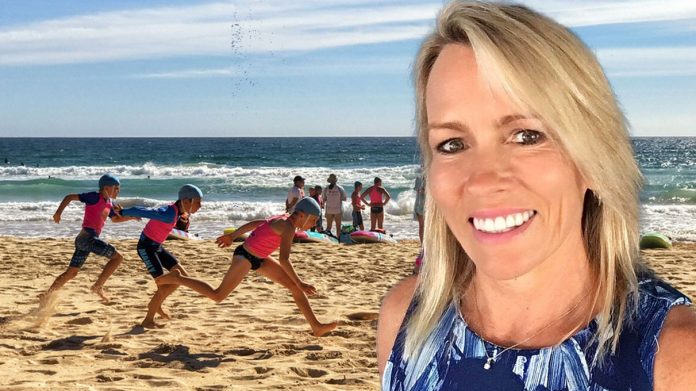They call them formative years for a reason: bumps and disappointments, struggles and successes earned all make for well-rounded children.
But parents – acting out of love and care – are rendering their little treasures more soft and doughy than strong and resilient.
Helicopter parents hover so closely, they rescue their children from their own lives before they truly begin. More’s the pity.
A case in point is the sunshinecoastnews.com.au revelation that at least one coast surf lifesaving club is so happy with the COVID-affected version of nippers that they plan to keep spectating parents penned off from the action even after the pandemic has passed. Full points to them.
Don’t get me wrong: kids’ sport needs parents like a desert needs rain. Without parents coaching, managing, recording and supporting in general, junior sport would not exist.
But it is time to red card parents who are not there to help, but simply to hover.

It is a bigger problem than just in sport. Parents need to quit it with cutting up their primary schooler’s food, bring their child’s forgotten hat to school, and stop asking that loaded question “are you sure?” – a query that is sure to stop an anxious child dead in their tracks.
Supportive parenting also means letting a beloved child flail and occasionally fail.
Is it any wonder that from the coddled cradle of childhood, today’s kids roll into a demonised adolescence and become what older people view as the most helpless, hopeless young adults in history?
They are the living, breathing result of over-parenting.
Get more local stories direct to your inbox by subscribing to our free daily news feed: Go to SUBSCRIBE at top of this article to register
In The Gift of Failure, author Jessica Lahey says kids are born with intrinsic motivation, driven by a desire to explore, try and build.
It makes a baby to get to their feet and walk despite falling myriad times and a three-year-old sing at the top of their lungs despite being way off key. They are built for the struggle of life.
Yet the current crop of teens, which outdoes previous generations in integrating technology, academic achievements and political awareness, is awash with mental illness, dysfunction and dependence.
While they do not mean to, parents steal their kids’ self-motivation by constantly praising and swooping in before the little one stumbles, lest they suffer a little bruising.
By the end of childhood, a kid has lost the ability to sort out their own messes and bounce after a disappointment.
So well done to those brave enough to wrest a bit of childhood back from helicopter parents and give it – with all its messy rollercoaster experiences – back to kids.
After all, we are not raising children, but future adults. And the end game goal should be for parents to do themselves out of a job.
Jane Stephens (formerly Fynes-Clinton) is a USC journalism lecturer, media commentator and writer.





